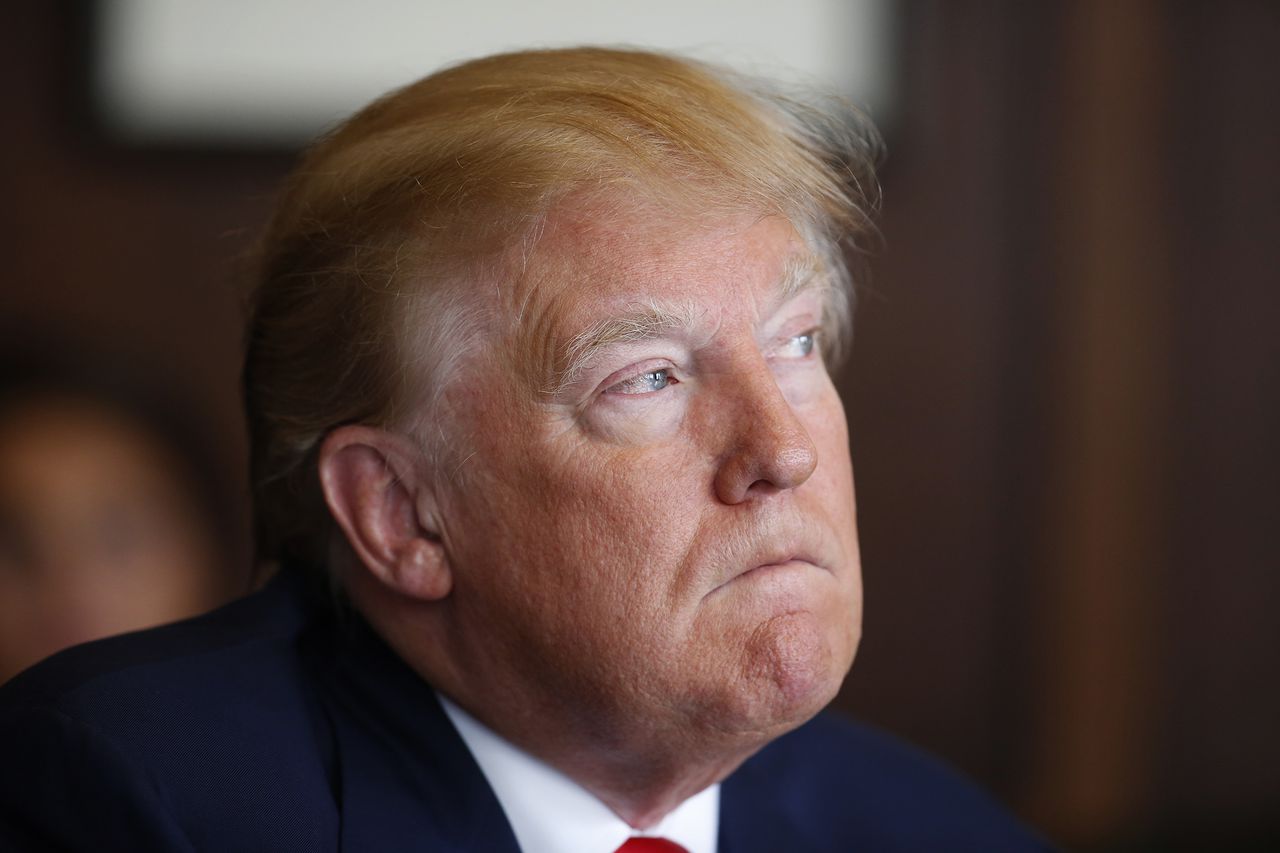 Donald J. Trump has finally provided some details on how he plans to make Mexico pay for his proposed border wall. Unless the Mexican government pays $5 billion to $10 billion to build it, he wants to restrict the money, or remittances, that Mexican immigrants send back to family and friends in Mexico.
Donald J. Trump has finally provided some details on how he plans to make Mexico pay for his proposed border wall. Unless the Mexican government pays $5 billion to $10 billion to build it, he wants to restrict the money, or remittances, that Mexican immigrants send back to family and friends in Mexico.
There are a number of logistical problems with this plan, including political realities, legality and the feasibility of stemming the flow of these informal payments. But even assuming this policy was possible, the economic implications would be felt as much in the United States as in Mexico.
While my research suggests that Mexican immigrants in the United States may initially have more disposable income if they could not send money, their families back home would be less likely to invest in education, start businesses and get out of poverty. This could damage Mexico’s economy:Mexico receives $24.4 billion in remittances from immigrants in the United States, which accounts for about 2 percent of Mexico’s gross domestic product. Indeed, withholding this money may actually encourage immigration to the United States.
Banning remittances could also reduce incentives for the best and brightest immigrants to come to the United States. Without the opportunity to provide for their family and friends back home, many talented immigrants might choose to move elsewhere. Or migrants may choose instead to bring their families with them to the United States, undermining the objectives of Mr. Trump’s proposal and straining social services.
The economic benefits of restricting immigration into the United States are questionable. The United States is a country of immigrants with an aging population that needs young workers. Evidence that immigrants take jobs from American workers and depress wages is mixed, with numerous studies suggesting that immigration has essentially no negative impact on wages. Conversely, immigrants have been shown to increase productivity, fuel innovation and add to the number of small businesses. In addition, they often perform jobs that Americans are unwilling to do.
The costs of alienating an ally, harming our economy and setting a poor global example, through a disruptive effort to block immigration and remittances, are large.
Globalization is not a zero-sum game; if there is a winner, that doesn’t mean there must be a loser. Throughout its history the United States has embraced the free flow of goods, people, capital and ideas. Building walls, closing borders, restricting capital flows and erecting barriers to trade will hurt America’s economy and undermine its principles.































